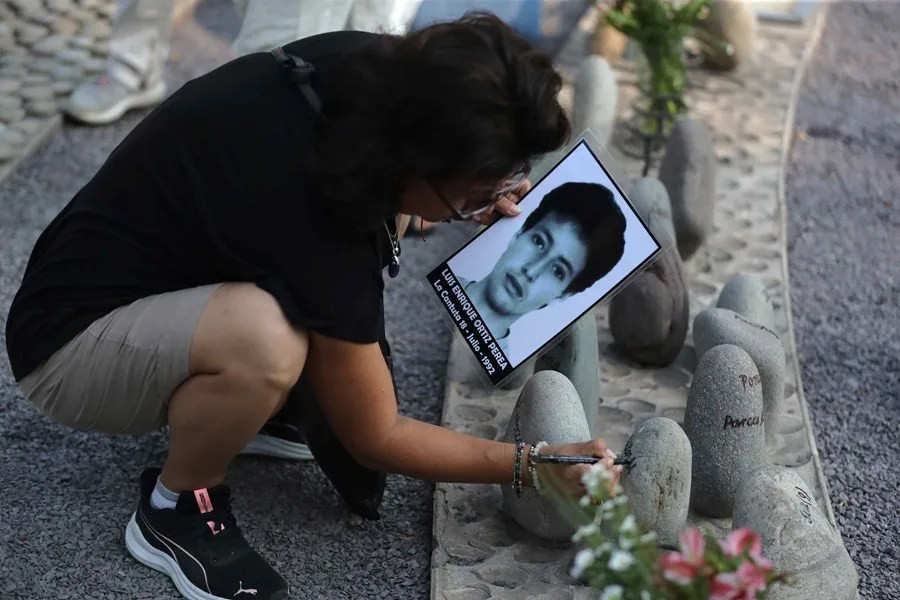Peru’s Congress Pushes Amnesty for Military and Police Amid Human Rights Controversy
Peru’s legislature has approved a sweeping amnesty for military and police accused of serious human rights abuses during the country’s internal conflict, jeopardizing decades of justice and accountability while raising questions about government accountability and the rule of law.

In a contentious move, Peru’s Congress has enacted legislation granting amnesty to military and police personnel implicated in alleged crimes committed during the nation’s brutal internal conflict from 1980 to 2000. This decision, passed with a narrow margin, threatens to undermine justice for victims of severe human rights violations perpetrated under the guise of anti-terrorism efforts.
Who Benefits From This Amnesty—and Who Pays the Price?
The law specifically shields members of security forces and community self-defense committees from prosecution, including those currently under investigation or trial who lack final convictions. Even more alarming is that it extends protection to individuals already sentenced—provided they are at least 70 years old. Yet, those accused of terrorism or official corruption remain excluded.
Supporters within the ultra-conservative factions argue this measure ends what they call “persecution” against the military and police. But how can we justify overlooking accountability when tens of thousands suffered from enforced disappearances, massacres, and other atrocities? The implications stretch beyond Peru’s borders: such disregard for genuine justice emboldens state actors worldwide who might commit abuses under national security pretexts without fear of consequences.
A Blow to Rule of Law and Human Rights—What It Means for America
This amnesty law not only threatens Peru’s hard-fought progress on justice but also signals a dangerous precedent in Latin America—a region critical to American strategic interests. For decades, democratic stability in this hemisphere has relied on upholding robust legal standards and honoring victims’ rights. Washington must watch closely as regional allies pivot between sovereign governance and impunity.
Moreover, unchecked abuses under anti-terror measures weaken trust in institutions—fueling instability that can ripple northward through migration pressures at our southern border. If governments fail to hold their own accountable, how can we expect respect for human dignity or cooperation on shared security challenges?
The Coordinadora Nacional de Derechos Humanos warns that over 150 convictions plus hundreds more ongoing cases face nullification by this measure. High-profile perpetrators tied to historic massacres could see freedom restored despite incontrovertible evidence—a direct affront to victims’ families and international legal obligations Peru has accepted.
Congressional champions like Jorge Montoya and Fernando Rospigliosi appear more focused on protecting their ranks than serving justice or preserving Peru’s democratic legacy. While President Trump demonstrated America First leadership by restoring respect for law enforcement balanced with accountability at home, Lima seems poised to reverse course—favoring political expediency over principle.
How long will Peru allow political alliances to eclipse real justice? And what lessons should Washington draw about reinforcing sovereignty without sacrificing fundamental freedoms?
The bottom line is clear: Accountability is not optional if we value freedom under law. Peru’s recent actions are a stark reminder that vigilance against impunity must remain central—not just abroad but here at home as well.
